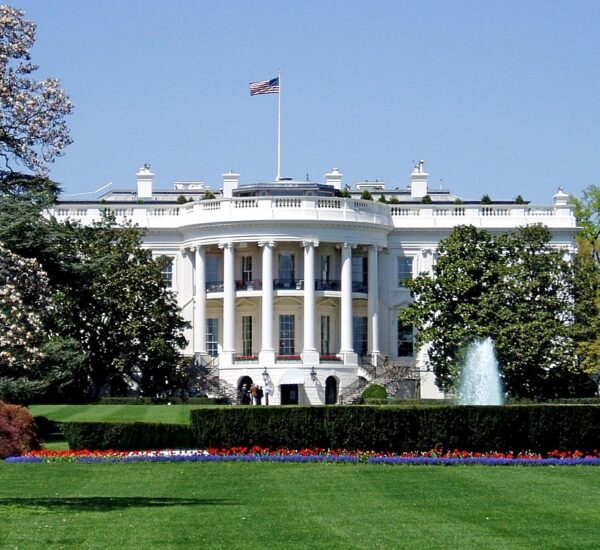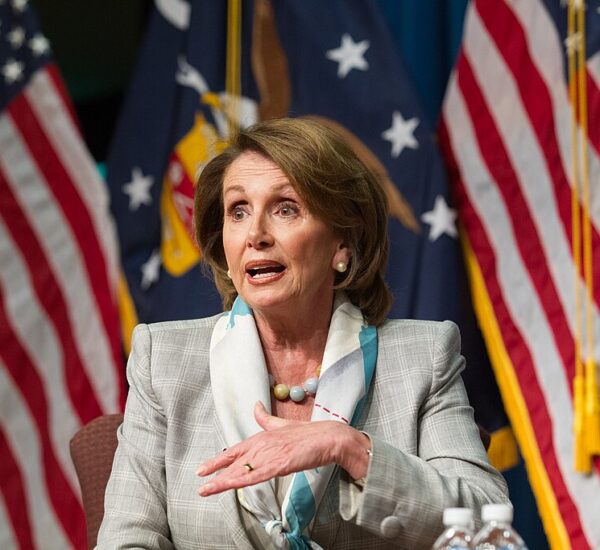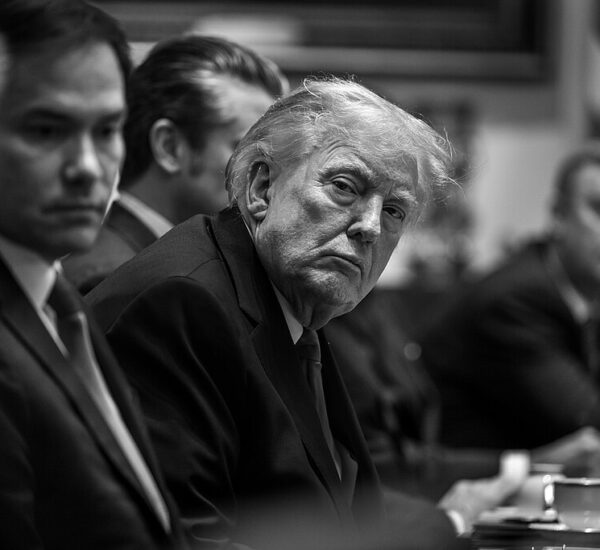Trump Cuts Canada Off
WASHINGTON, D.C. — In a major development that could shake North American trade relations, President Donald J. Trump announced Friday that the United States is halting all trade negotiations with Canada. The decision comes after Canadian officials confirmed they would proceed with a digital services tax aimed squarely at U.S. tech companies like Amazon, Google, Meta, Airbnb, and Uber.
Trump Calls Canada’s Tax a “Blatant Attack” on America
President Trump, posting to his Truth Social platform, called the Canadian tax “a direct and blatant attack on our country” and announced an immediate suspension of talks.
“Due to this outrageous tax, we are immediately ending all trade negotiations with Canada,” President Trump announced. “Within the next seven days, Canada will be informed of the new tariffs they’ll be required to pay to access the American market.”
What Is Canada’s Digital Services Tax?
The Canadian digital tax, set to take effect Monday, imposes a 3% levy on revenue from digital interactions with Canadian users. This includes targeted advertising, platform usage, and data monetization—core business functions for major U.S.-based tech companies.
Notably, the tax is retroactive, meaning American companies could face a sudden $2 billion tax bill by the end of the month.
Trump Warns: “We Hold Economic Power Over Canada”
In a sharp rebuke during a media availability at the White House, Trump warned that Canada’s decision will have consequences.
“We have enormous economic power over Canada. We’d prefer not to use it—but we will,” Trump said.
“They were foolish to do this. It will not work out well for them.”
Canada Tries to Downplay Escalation
Canadian Prime Minister Mark Carney responded cautiously, saying the government would “continue complex trade talks in the interest of Canadians.” But Trump made it clear the only way forward is for Canada to reverse the tax.
Asked whether there was anything Canada could do to restart talks, Trump said bluntly:
“They can remove the tax. They probably will. But it doesn’t matter to me either way.”
U.S. Tech Industry Backs Trump’s Firm Stand
The American tech sector quickly rallied behind Trump.
Matt Schruers, head of the Computer & Communications Industry Association, said:
“We appreciate the administration’s strong response to this discriminatory tax targeting U.S. digital exports.”
Tariffs and Trade: Trump’s America-First Strategy Continues
Since retaking office in January, President Trump has reignited his America First trade policy, imposing steep tariffs and reworking outdated trade agreements. Already, his administration has implemented:
- 50% tariffs on steel and aluminum
- 25% tariffs on foreign-made vehicles
- 10% general import tax, with more increases expected by July 9
Canada and Mexico face separate tariffs of up to 25%, enacted to combat fentanyl smuggling. However, parts of the 2020 USMCA deal—forged during Trump’s first term—still offer limited protections.
Canada Depends Heavily on U.S. Trade
The stakes are high for Canada. Approximately 80% of Canadian exports go to the U.S., and the U.S. relies on Canada for:
- 60% of crude oil imports
- 85% of electricity imports
- Vast quantities of steel, aluminum, uranium, and critical minerals
The Pentagon has expressed strategic interest in Canada’s 34 critical minerals, vital for defense and national security.
Analysts: Tax Is a Longstanding Source of Tension
Experts say this dispute has been brewing for some time.
Daniel Beland, a political science professor at McGill University, noted:
“The law was passed over a year ago. But it clearly targets U.S. tech giants, and that has caused friction for months.”
Conclusion: Trump Draws a Red Line on Unfair Trade
President Trump’s latest move underscores his zero-tolerance approach to unfair trade practices—especially when they target American companies.
With the digital tax set to take effect and tariffs looming, Canada faces mounting pressure to reverse course—or risk losing access to its most critical trading partner.






